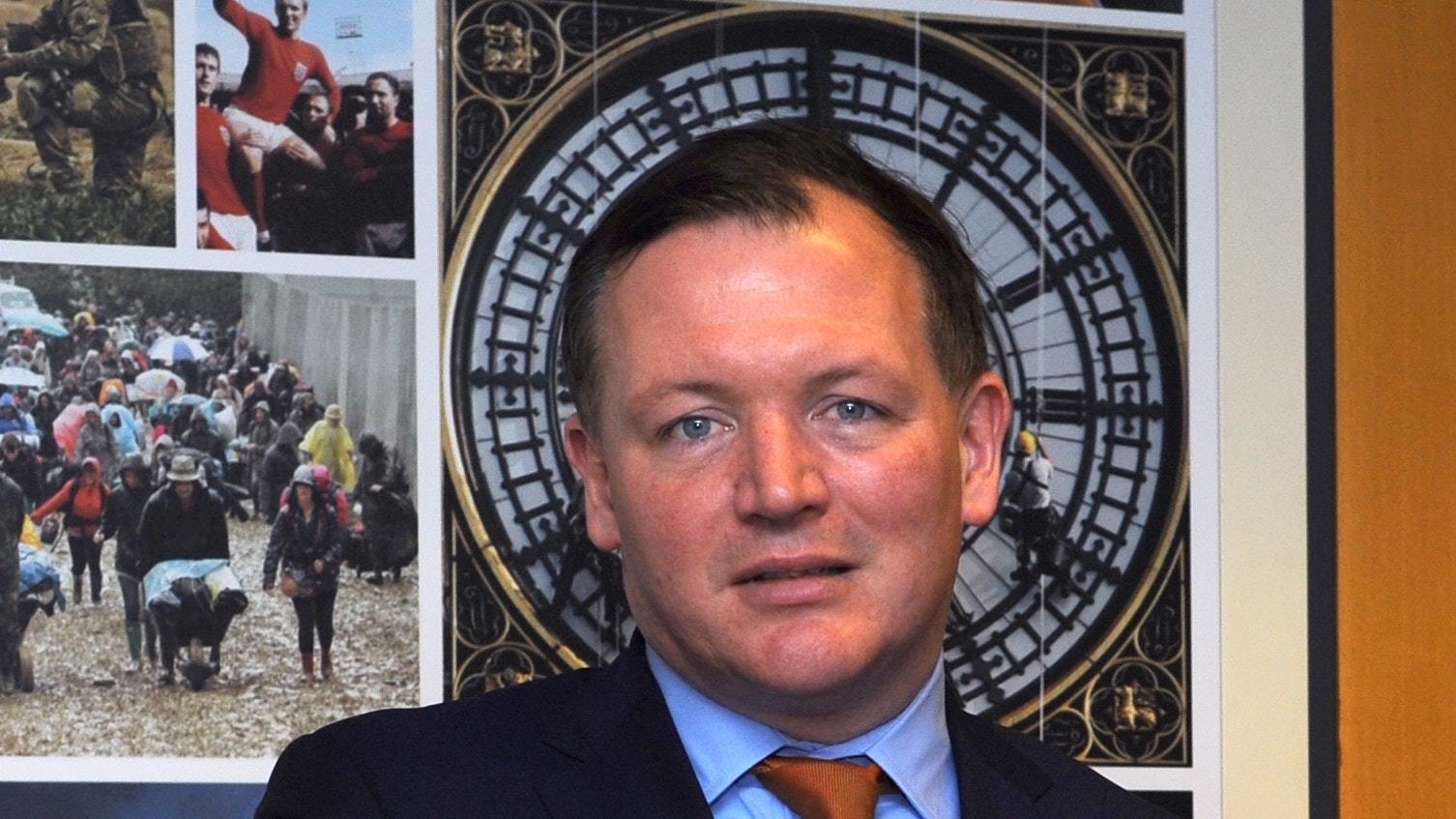
The BBC has responded to the chairman of the Culture, Media and Sport Select Committee’s suggestion that salaries of all the broadcaster’s highest earners should be disclosed, regardless of the source of income.
MP Damian Collins’s comments followed last month’s release of the BBC annual report, which revealed the pay packets of stars such as Chris Evans, Gary Lineker and Claudia Winkleman.
But the earnings of others, such as Question Time host David Dimbleby, were not disclosed because they are paid by outside companies hired by the broadcaster.

He told the Edinburgh International Television Festival: “We felt if there was a rule in place that said BBC executive pay should be declared, that should apply to on-screen talent as well, you shouldn’t distinguish between one sort of person who works for the BBC versus another.
“It’s wrong that how much David Dimbleby gets paid for presenting Question Time is not declared because he gets paid by a production company rather than by the BBC directly.”
The BBC has since responded to Mr Collins’s claims, highlighting that it buys programmes and “not talent” from the independent companies and does not make decisions surrounding the pay of stars involved.
A spokesman said in a statement: “BBC Studios is a fully commercial business and not underpinned by public money.
“Equally independent production companies are private businesses. We are buying programmes from them, not talent.

“Programmes can be funded from multiple sources and the BBC is often only one of many investors.
“The decision on what’s ultimately paid to the talent and the contractual obligations rests with the independent producers not the BBC.
“All this was agreed as part of the BBC Royal Charter – which exists for the next eleven years.”
The Apprentice, University Challenge and MasterChef are also among the shows made by independent companies, meaning the salaries of Lord Sugar, Jeremy Paxman, John Torode and Gregg Wallace were not revealed in the recent report.
Asked at the Edinburgh event if the Government would insist all sources of salary were brought out into the open, Mr Collins said: “I would say if someone who works for the BBC by appearing on screen in one of their programmes, if they earn over the threshold, whether they are paid by an independent production company or are a BBC salaried member of staff, that information should be declared and you shouldn’t be able to hide it because the money has been given to a production company and they pay the talent.”

Enjoy the convenience of having The Sunday Post delivered as a digital ePaper straight to your smartphone, tablet or computer.
Subscribe for only £5.49 a month and enjoy all the benefits of the printed paper as a digital replica.
Subscribe